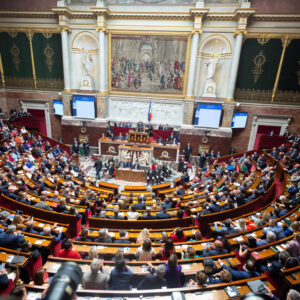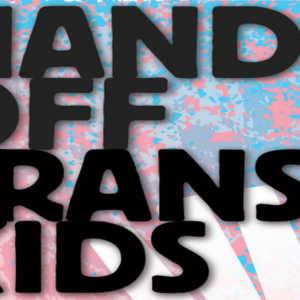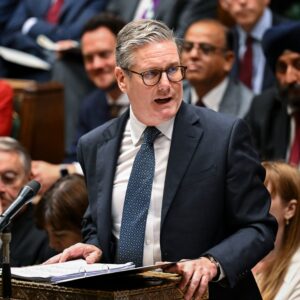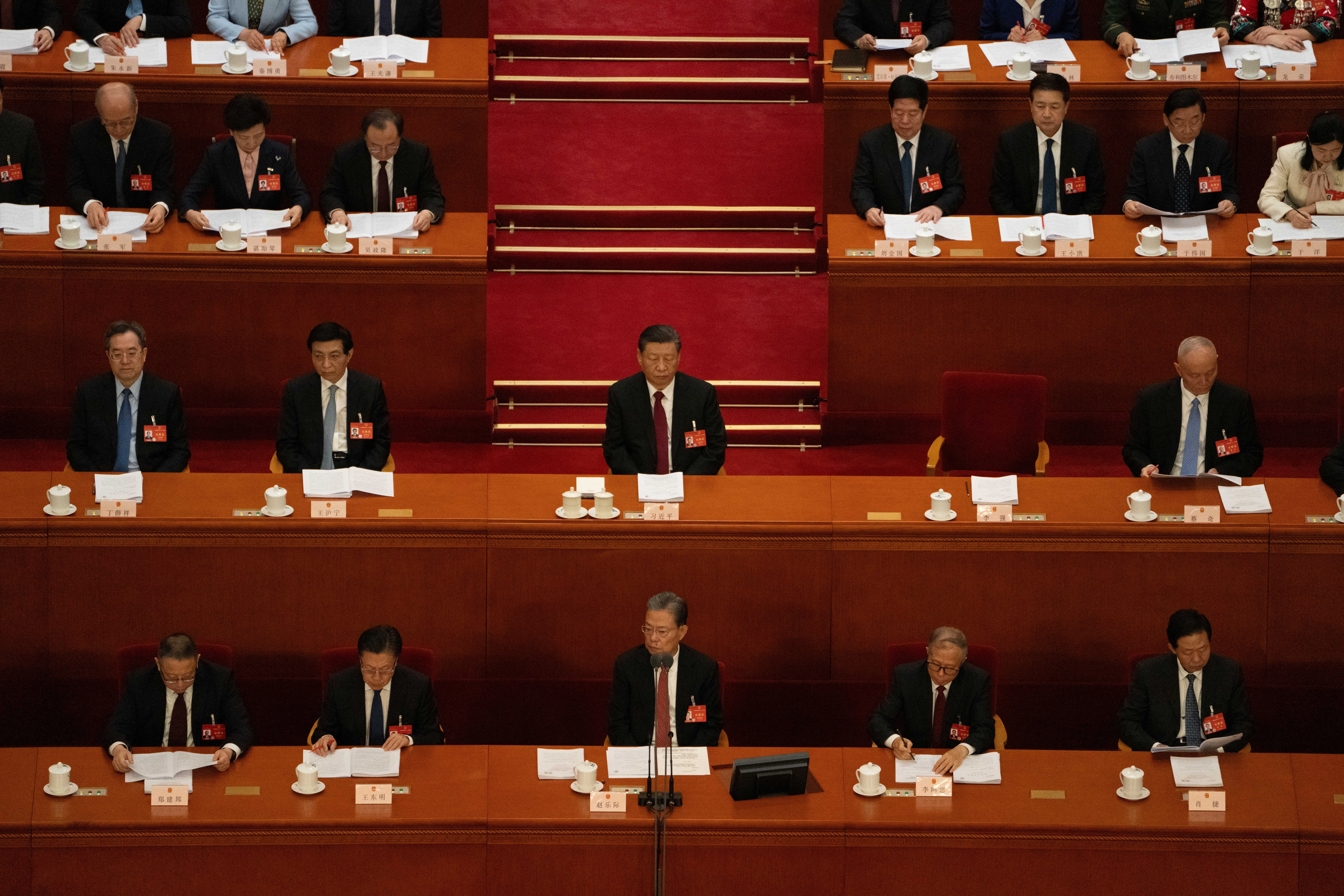On 5 June the leadership of the Public and Commercial Services union (PCS) leadership announced that the government had made “significant concessions relating to pay, redundancy terms and job security” as a result of the industrial action members had been taking.
These supposed concessions are
- a £1,500 bonus
- an increase of 4.5%, with an extra 0.5% for the lowest paid
- A commitment to avoiding compulsory redundancies
The last is nothing new; it is a meaningless commitment which is always in place. The figure of 4.5% was one previously stated by the Treasury for 2023/2024 pay year – so only the 0.5% is in any sense new. The bonus, like those offered in other industries, will not be consolidated into pay levels on an ongoing basis and further will be funded out of existing Departmental budgets.
There is no national pay bargaining in the civil service. the pay talks revolve around how to share out the 4.5% increase across all staff. No one is guaranteed a 4.5% increase. Previously Departmental pay teams were told not to engage in discussion around the 2023/2024 pay offer. This injunction has now been lifted and pay negotiators have been told once agreement is reached on the bonus pay talks can begin. In a number of Departments, the pay talks revolve around how to share out the 4.5% increase across all staff. No one is guaranteed a 4.5% increase
The ongoing ballot for strike action within the DWP was suspended. In the original ballot in November 2022 the DWP just scraped past the 50% threshold and then in the reballot made necessary by anti-union laws, the threshold was missed. This was a reballot to try and get over the threshold. HMRC was also due to reballot, this has also been suspended.
The union claims they have won massive concessions in the biggest victory for the union for many a year. The reality is that there are many low paid staff in departments like DWP and HMRC who are on the national minimum wage and many people who are entitled to Universal Credit. This deal does absolutely nothing for them. And then there are the rest of us who have faced pay freezes or miniscule increases of 1% or 2%.
The union’s NEC is due to meet again in early July to review its position and decide on next steps. A number of branches have come together in the ‘PCS says No’ campaign to oppose the apparent intention of the NEC to abandon the current dispute.
Art (47) Book Review (102) Books (106) Capitalism (64) China (74) Climate Emergency (97) Conservative Government (90) Conservative Party (45) COVID-19 (43) Economics (36) EcoSocialism (48) Elections (75) Europe (44) Fascism (52) Film (47) Film Review (60) France (66) Gaza (52) Imperialism (95) Israel (103) Italy (42) Keir Starmer (49) Labour Party (108) Long Read (38) Marxism (45) Palestine (133) pandemic (78) Protest (137) Russia (322) Solidarity (123) Statement (44) Trade Unionism (132) Ukraine (324) United States of America (120) War (349)
Latest Articles
- France after the elections: How should the radical left act?In the wake of the National Assembly’s dissolution and new parliamentary configuration, La France Insoumise (LFI) should adopt a clear stance of radical opposition, emphasizing its commitment to anticapitalist principles and democratic reforms while avoiding any compromise with the existing government unless it secures absolute majority support from the populace, argues Gilbert Achcar.
- Why Socialists Oppose the Two‑Child Welfare CapIn this article, Simon Hannah explores why socialists vehemently oppose the government’s two-child welfare cap, arguing that it stems from austerity measures and reactionary views on the poor.
- Hands off Trans KidsA pamphlet from Anti*Capitalist Resistance.
- Two Child Benefit RevoltDave Kellaway responds to the revolt by Labour MPs and others to the Labour government keeping the Tories’ hated two child benefit cap.
- The beginning of the end of China’s rise?This is the second interview in a two-part series. The first interview (“Opposing US militarisation in the Asia-Pacific should not mean remaining silent on China’s emerging imperialism“) covered the nature of China’s state, its status in the world today, and implications for peace and solidarity activism.






